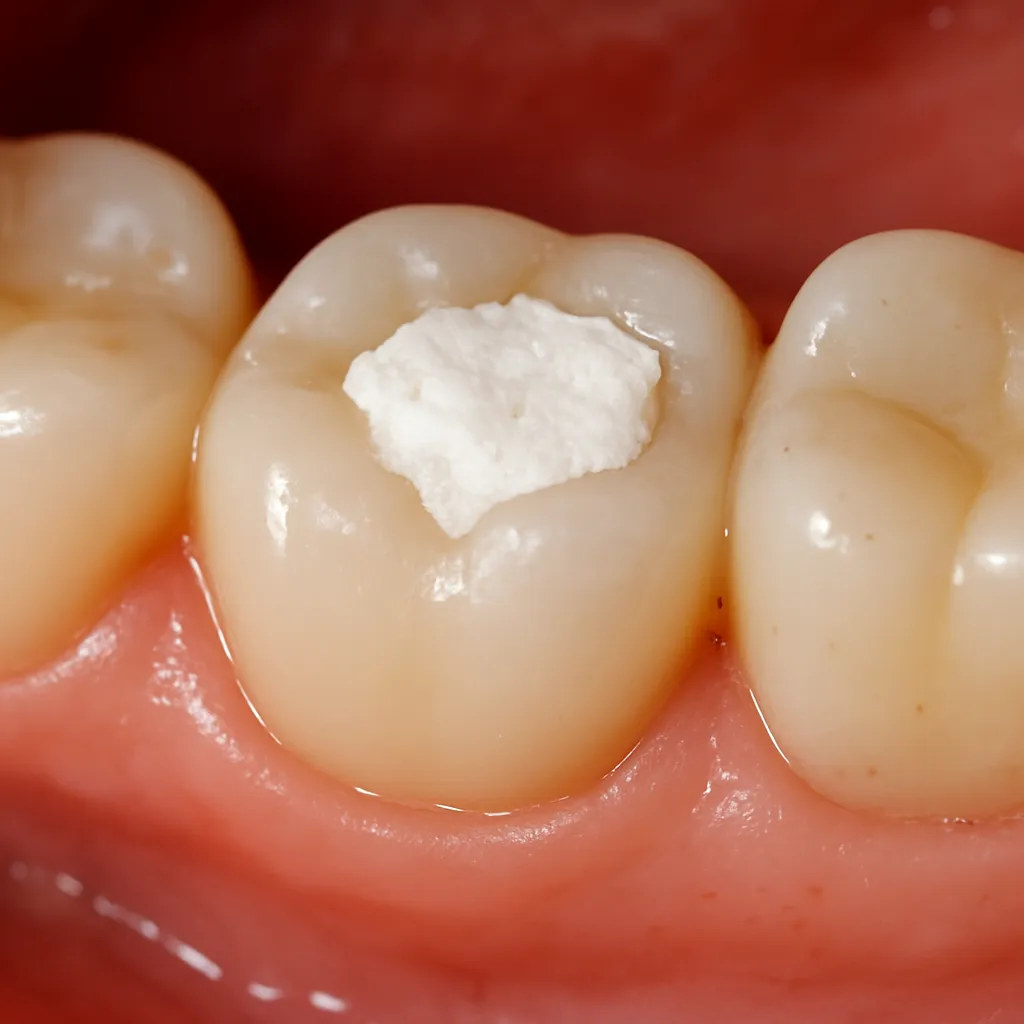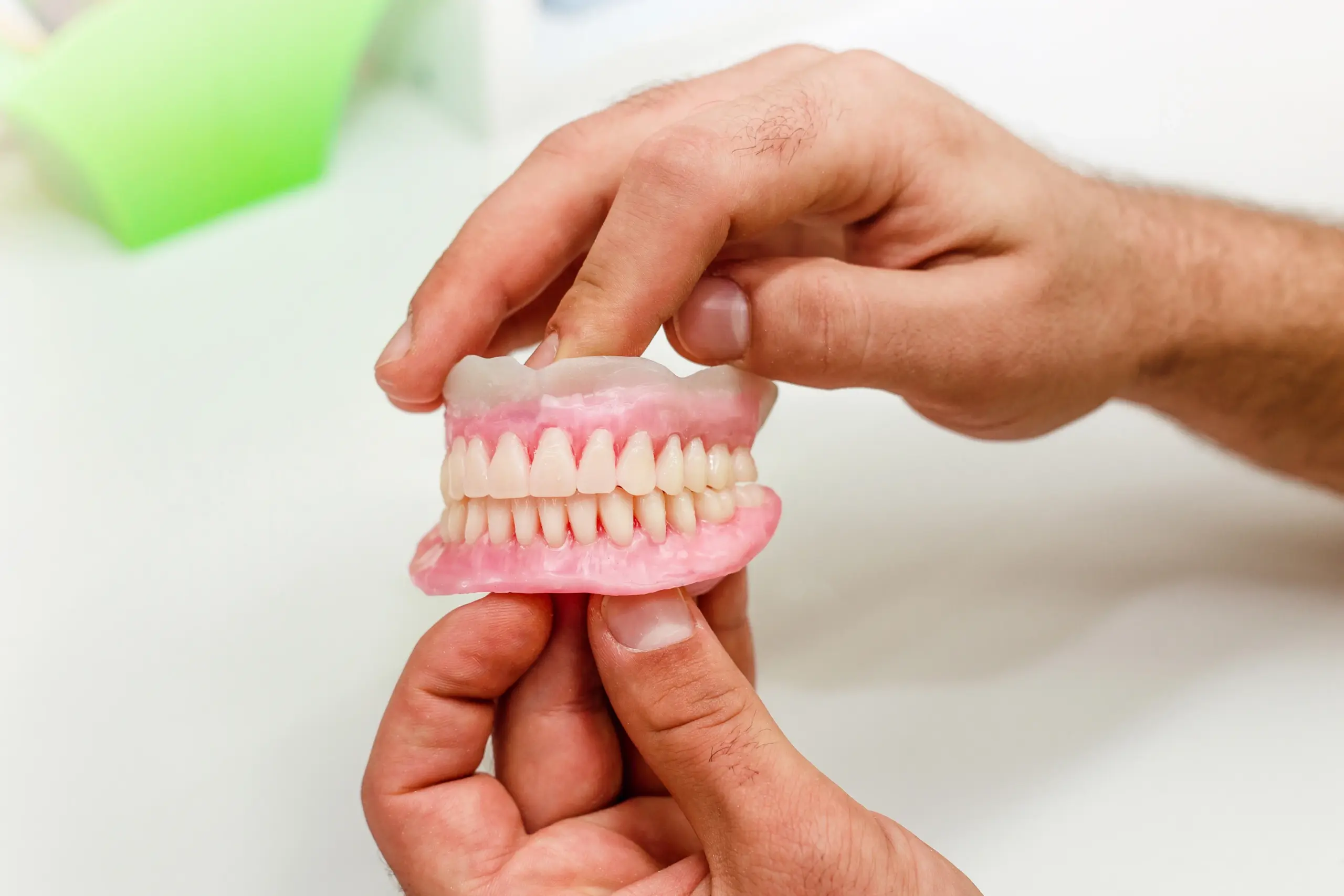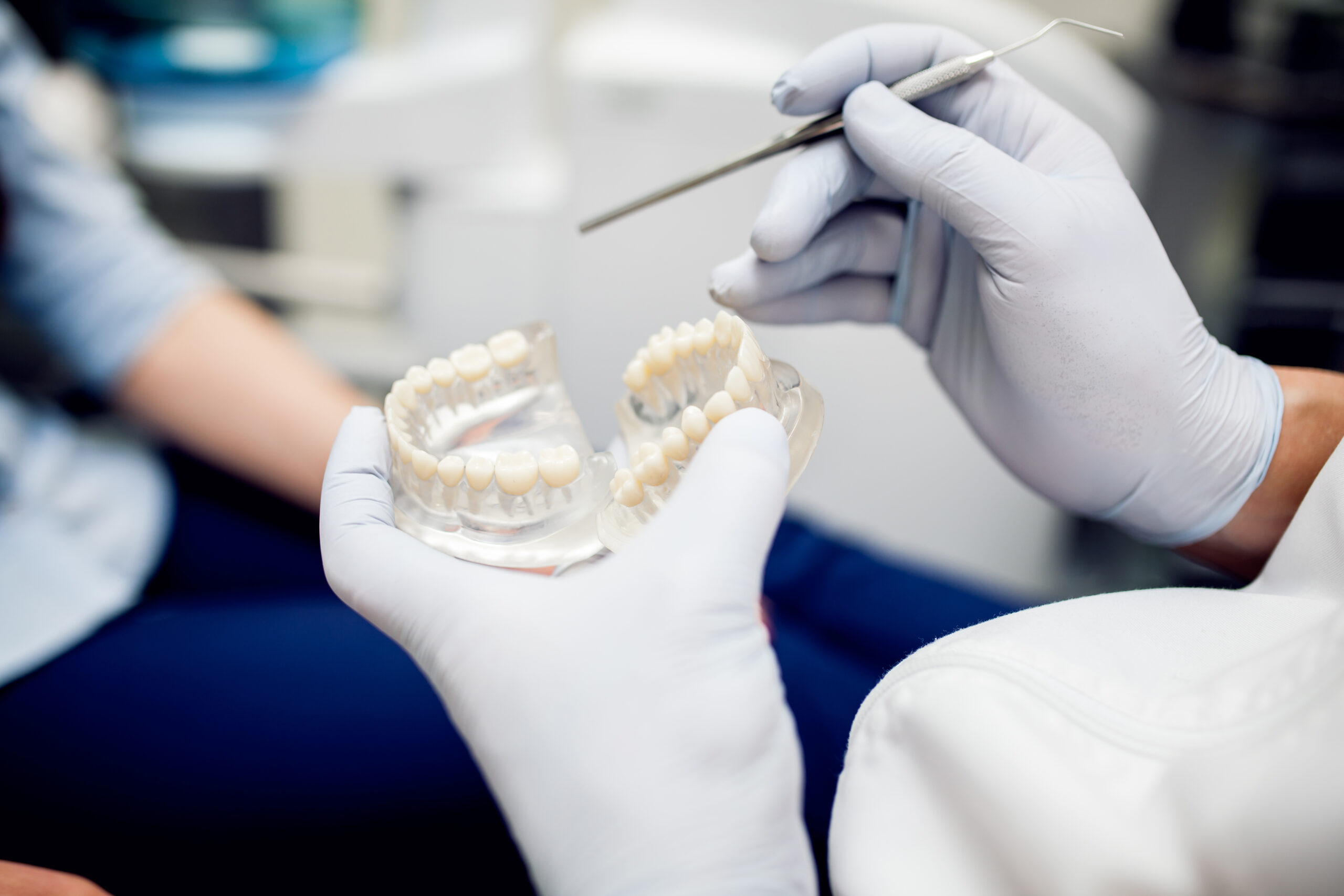Most people grind plus clench their teeth periodically. Occasional teeth grinding, which is medically called bruxism, doesn’t normally cause harm. However, when teeth grinding occurs regularly, the teeth can end up being damaged plus other oral health complications may emerge.
Why Do I Grind My Teeth?
Although stress and anxiety can cause teeth grinding, it usually occurs when you are sleeping, and it’s more likely caused by crooked or missing teeth or an abnormal bite. Also, it can be caused by somnipathy (a sleep disorder) like sleep apnea, which is characterised by periods of shallow breathing or pauses in breathing during sleep.
Medication
Sometimes, teeth grinding can be a side effect caused by taking a certain medication type. Teeth grinding, in particular, is at times associated with a type of antidepressant called SSRI (selective serotonin reuptake inhibitor). Examples of SSRIs include sertraline, fluoxetine and paroxetine.
Your Lifestyle
Other factors that might make people more likely to clench and grind their teeth or worsen it includes the following:
• Taking a lot of caffeinated drinks, like coffee or tea (six or more cups per day).
• Smoking
• Drinking alcohol
How to Know If You Grind Your Teeth?
Since grinding usually occurs during sleep, many people are not aware that they clench and grind their teeth. But, a sore jaw and a dull, constant headache when you wake in the morning, is a tell-tale bruxism symptom. Most of the time people find out that they clench and grind their teeth when their loved one hears the grinding during sleep. If you suspect that you’re grinding your teeth, you should talk to your dentist. They can examine your jaw and mouth for any sign of bruxism, like excessive wear on your teeth and jaw tenderness.
Why Teeth Grinding is Harmful
Chronic teeth grinding, in some cases, can lead to loss or loosening of teeth. Typically, the chronic grinding may wear your teeth down to stumps. If this occurs, root canals, implants, crowns, bridges partial dentures as well as complete dentures may be required.
Teeth Grinding in Children
Teeth grinding also affects children. It tends to occur after their adult teeth or baby teeth first appear, but it normally stops when their adult teeth have fully formed. You should see your general practitioner if you are concerned about your children’s grinding, especially if it is affecting their sleep.
Treatment for Bruxism
At Birchgrove Dental we offer CereZen, which is an in-ear anti-tooth clenching device.
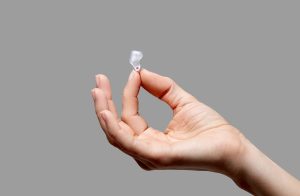
Mouth Guards
If you clench and grind your teeth during sleep, it could help to wear a mouth guard at night. Mouth guards even out the pressure across the jaws, and they form a physical barrier between the lower and upper teeth, protecting them from any further damage. Also, they reduce the grinding noise you make while you’re asleep.
Treating Stress and Anxiety
If your teeth grinding is caused by stress or anxiety, then psychological treatments, like CBT (cognitive behavioural therapy) can help. If you clench and grind your teeth because of stress, it is important that you try relaxing and have a good sleep night.
Preventing and Treating Dental Issues
You should have dental check-ups on a regular basis so that any problems that your teeth grinding causes are treated at the earliest possible time to prevent further damage.
If you have dental problems like missing, crooked, cracked or misaligned teeth, they can be treated using reconstructive dental treatments, like braces, crowns, overlays and dental implants. Sometimes, these treatments can reshape your tooth chewing surface and stop you from grinding.
